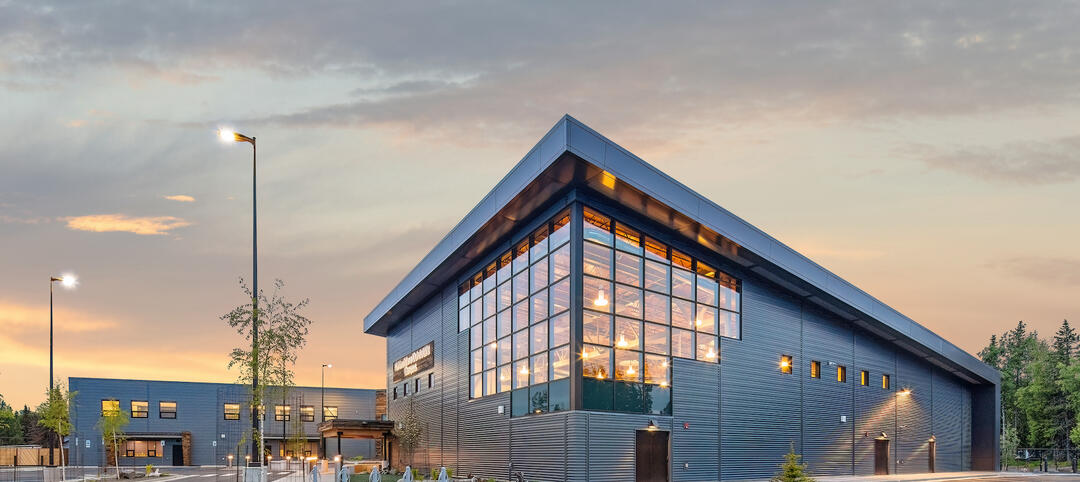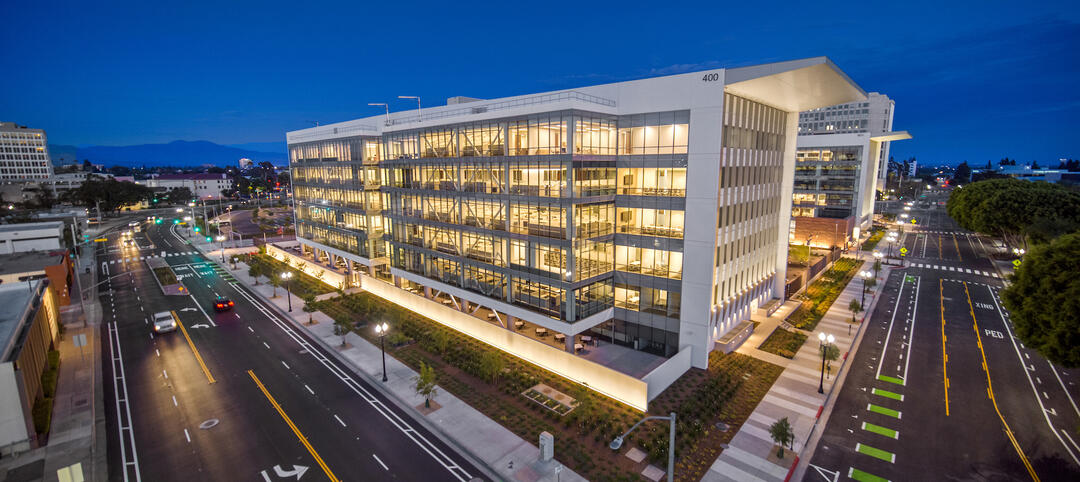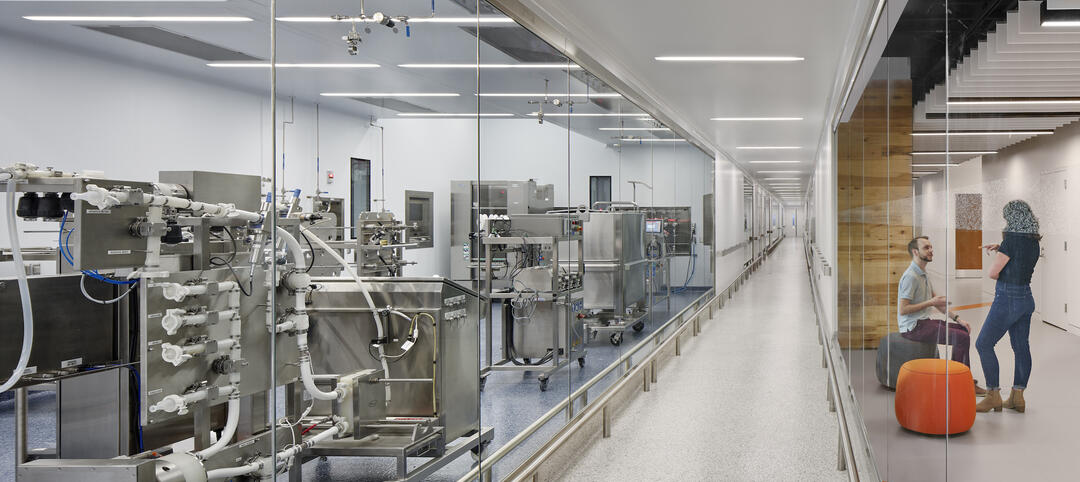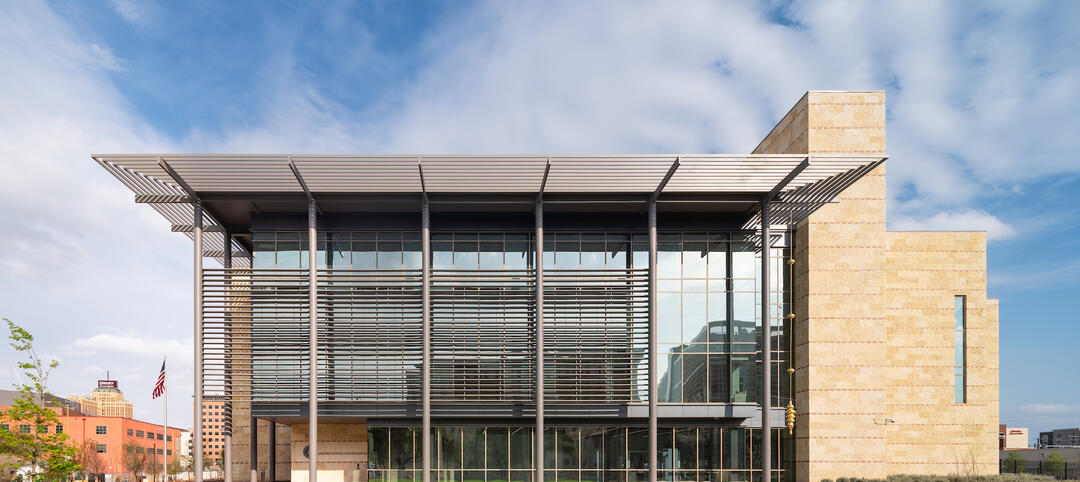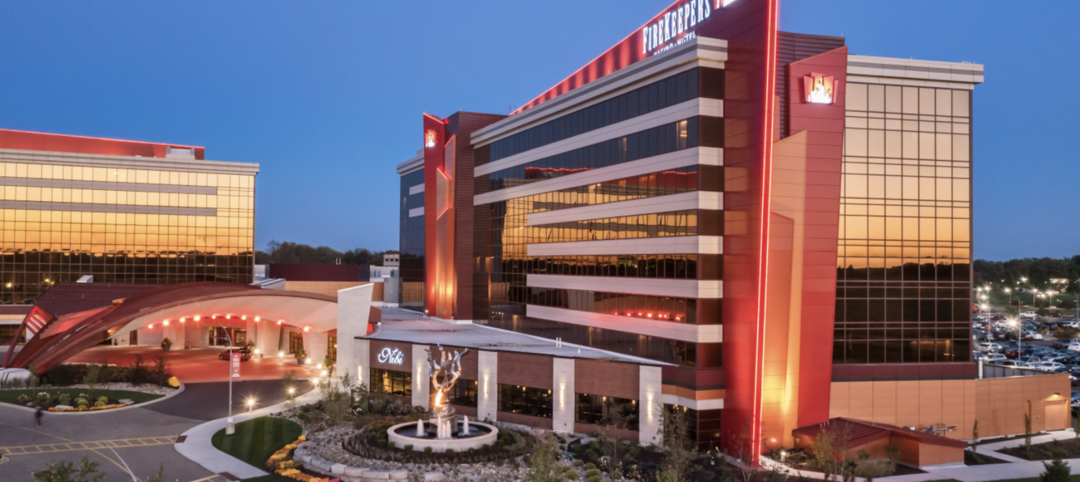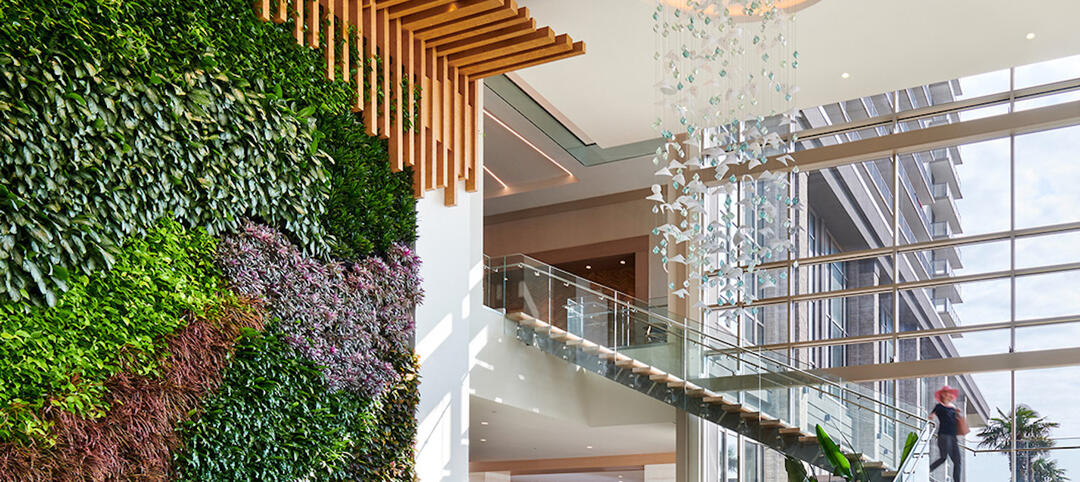According to the results of an industry-wide survey conducted by the International Parking Institute, increased demand for technology-related innovations account for half of the top ten trends in today's $30 billion parking industry. Among them, cashless, electronic, and automatic payment systems; real-time information about parking rates and availability via mobile apps; and wireless sensing devices for improved traffic management.
"Parking is all about mobility and connectivity," said Casey Jones, CAPP, chairman of the International Parking Institute (IPI), the world's largest association representing parking professionals and the parking industry. Jones shared results of the 2012 Emerging Trends in Parking Survey at the IPI Conference & Expo in Phoenix, Ariz. this week where more than 2,500 attendees, 220 exhibitors, and parking pros from 25 countries convened.
Jones says survey results reflect the demand for technology, sustainability, revenue-generation, and customer service that are converging to earn the industry new respect from Wall Street, Silicon Valley, and every drivable place in between, as forward-thinking planners come to the realization that parking matters to the design of more walkable, livable communities and to broader transportation issues.
More than one-third of those surveyed see the demand for green or sustainable solutions as a top trend affecting the parking profession. It is estimated that about 30% of the cars circling a city at any given time are doing so as drivers look for parking. Aside from the frustration factor, those cars are creating traffic congestion, viewed by survey respondents as being the single most significant societal change affecting the parking industry. From an environmental standpoint, that translates to incalculable amounts of wasted fuel and carbon emissions.
According to respondents, the number one strategy for making parking more sustainable is energy-efficient lighting, followed by parking space guidance systems that aid in finding parking faster, encouraging alternative travel, automated payment processes, solar panels, renewable energy technology, and accommodating electric vehicles.
An increased focus on customer service is another significant trend cited.
"Parking professionals are continually striving to make the parking experience better," says IPI Executive Director Shawn Conrad, CAE. He explains that the parking industry has expanded to serve cyclists, those who car-share, those en route to shuttle buses or light rail, and even pedestrians who benefit from parking facilities that serve as mobility connectors.
A chief problem seen by survey respondents is one those in the parking profession are working hard to correct: decision makers need to consult parking experts earlier in the planning process to prevent a myriad of design issues and other problems later on. When surveyed about the most common avoidable mistakes, respondents cited such issues as "lack of vision to invest in mass transit systems to handle large movements of people," "inefficient layout and poor aesthetics," "failure to think about parking in the planning stages," and "overlooking important issues such as water and power sources, snow removal, entry/exit functionality, and how and by whom the facility will be used."
Survey results showed a dead heat between urban planners, local government officials, and architects as those who most need to better understand parking and all its complexities.
When asked where parking would best fit as a course of study at an academic institution, nearly half of respondents suggested that parking should become part of the curriculum at schools for urban planners. Runners-up were schools where business and public policy is taught.
The 2012 Emerging Trends in Parking Survey was conducted in May 2012 among parking professionals by the International Parking Institute (IPI) and released at IPI's Conference & Expo. Results were tabulated and analyzed by the Washington, D.C.-based Market Research Bureau. A complete report is available at www.parking.org. +
Related Stories
| Sep 14, 2022
Indian tribe’s new educational campus supports culturally appropriate education
The Kenaitze Indian Tribe recently opened the Kahtnuht’ana Duhdeldiht Campus (Kenai River People’s Learning Place), a new education center in Kenai, Alaska.
| Sep 13, 2022
California building codes now allow high-rise mass-timber buildings
California recently enacted new building codes that allow for high-rise mass-timber buildings to be constructed in the state.
| Sep 13, 2022
Orange County opens civic center complex—one of California’s largest P3 projects
Orange County’s recently opened County Administration North (CAN) building caps an urban center development that constitutes one of California’s largest ever P3 projects.
Laboratories | Sep 12, 2022
Lab space scarcity propels construction demand in life sciences sector
In its 2021 Life Sciences Real Estate Outlook, JLL predicted that access to talent would be a primary concern for an industry sector that had been growing by leaps and bounds. A year later, talent still guides real estate decisions. But market conditions of a different sort were cooling the biotech field: namely, investors that have soured on startups which underperformed after going public. What this means for new construction and renovation going forward is unpredictable, as the drivers behind life sciences’ surge are still palpable.
Architects | Sep 12, 2022
FWA Group joins national architecture, interior design, and planning firm Hord Coplan Macht
Hord Coplan Macht acquires FWA Group.
| Sep 12, 2022
Staff at New York City architecture firm is first in U.S. to unionize
Staff at New York City architecture firm is first in U.S. to unionize.
| Sep 12, 2022
San Antonio’s new courthouse aims to provide safety and security while also welcoming the public
The San Antonio Federal Courthouse, which opened earlier this year, replaces a courthouse that had been constructed as a pavilion for the 1968 World’s Fair.
Giants 400 | Sep 9, 2022
Top 20 Casino Architecture + AE Firms for 2022
JCJ Architecture, DLR Group, HBG Design, and Cuningham top the ranking of the nation's largest casino architecture and architecture/engineering (AE) firms for 2022, as reported in Building Design+Construction's 2022 Giants 400 Report.
Giants 400 | Sep 9, 2022
Top 120 Hospitality Sector Architecture + AE Firms for 2022
Gensler, WATG, HKS, and JCJ Architecture top the ranking of the nation's largest hospitality facilities sector architecture and architecture/engineering (AE) firms for 2022, as reported in Building Design+Construction's 2022 Giants 400 Report. Note: This ranking includes revenue for all hospitality facilities work, including casinos, hotels, and resorts.
| Sep 9, 2022
Add sand shortage to supply chain woes
As if it wasn’t enough to have lumber, windows, doors, and metal pipe in short supply, you can add sand, which is theoretically plentiful on Earth, to the list of construction materials that can be hard to come by.



